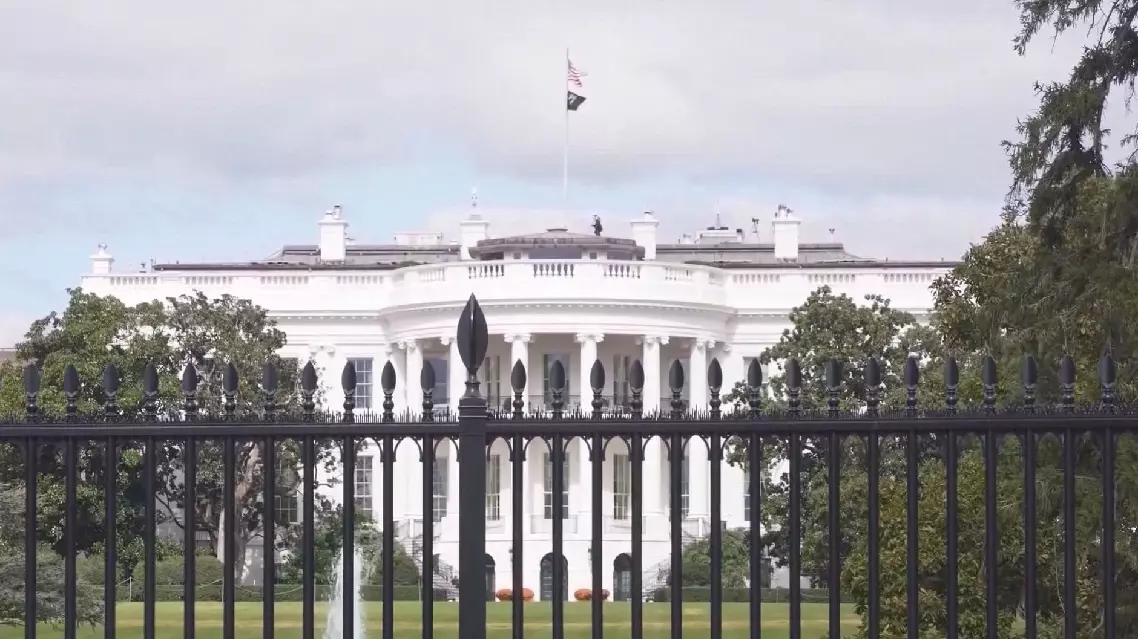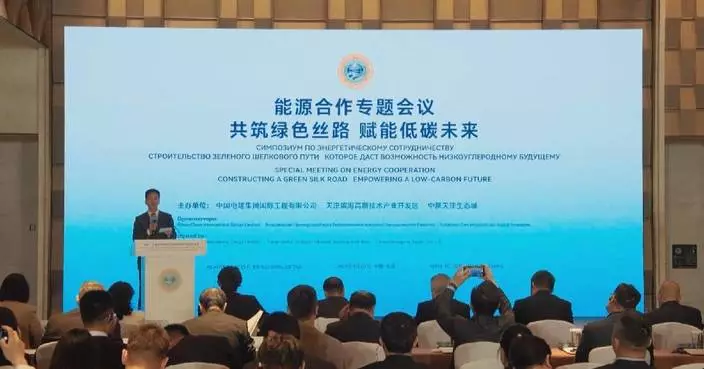Gaza's healthcare system is on the brink of collapse, as Israel continues its attacks and blocks the entry of humanitarian aid, with hospitals overwhelmed by a relentless influx of wounded civilians and many patients left untreated.
The situation in Gaza's hospitals is rapidly deteriorating into a catastrophe. Al-Ahli Baptist Hospital has become the primary center for hundreds of injured Palestinians in Gaza City, with every corner of the facility overwhelmed. Medical workers at the hospital have expressed their inability to cope with the growing number of patients flooding in from the daily Israeli strikes.
"Each airstrike on high-rise buildings or residential areas leaves hundreds of casualties. No hospital in Gaza can handle such numbers," said Tamer Sultan, a medical worker.
Amid the conflict, not only trauma patients but also chronically ill individuals are unable to access basic medical treatment. Medical workers warn that lives are being lost -- not just to bombs, but to the lack of essential care.
"My brother has been here for 20 days. He needs spinal surgery, but nothing has happened. He's in constant pain as the painkillers aren't working anymore," said Mahmoud Nasser, brother of a patient.
As the number of wounded continues to rise, Gaza's hospitals are running critically low on essential medicines and supplies. With no way to restock, health officials say the ability to treat even the most urgent cases is slipping away.
"The high number of injuries has led to massive consumption of medicines and supplies. With border crossings closed, we can't replenish stock, and this severe shortage means we can't properly treat patients and the wounded," said Alaa Helles, director of the Hospital Pharmacy Department at Gaza's Ministry of Health.
The International Committee of the Red Cross has issued a stark alert about the health crisis in Gaza, stating that the suspension of humanitarian aid has led to a dramatic shortage of medical supplies.

Gaza's healthcare system near collapse as Israeli attacks, aid blockade persist
The universal "reciprocal tariffs" imposed by the United States signals a decline in the U.S. economic dominance and dollar hegemony, as the country is attempting to extract excessive financial benefits from its trading partners, according to economists, who warn the Trump administration is playing a "dangerous game".
U.S. President Donald Trump last week signed an executive order on the so-called "reciprocal tariffs," imposing a 10-percent "minimum baseline tariff" before unveiling higher rates on certain trading partners. The policy sent shockwaves throughout the global economy and triggered panic on financial markets, with analysts warning of significant risks and dire economic consequences.
In an interview with the China Global Television Network (CGTN), Hong Hao, chief economist of the GROW Investment Group, a Shanghai-based hedge fund, said the tariffs reflect Trump's strategy to extract economic benefits from trading partners, particularly viewing China as a significant competitor. "Trump really believes that the trade terms with the trading partners have been unfair to the U.S., and as a result, the U.S. manufacturing sector has been hollowed out. Therefore, the U.S. is paying an excessive price for globalization, and now, it's time to pay back. I think, from this angle, he is trying to extract economic rent from its trading partners, and also he is trying to see China as one of the major U.S. rivals at this juncture. So, I think, as a result, he is playing a very dangerous game. And, as you can see, it's political theater in the sense that he is trying to dramatize the extreme pressure, so that he can get excessive rent from the opponent," he said
Trump's unilateral imposition of tariffs has eroded global confidence in the U.S. and its dollar's status, leading many to state that the American hegemony may not persist, according to Josef Gregory Mahoney, a professor of politics and international relations at East China Normal University.
"The U.S. economy is at an inflection point. There is a moment where the previous strategies being used to sustain American hegemony were no longer working. And, it's only a matter of time before the U.S. position erodes, given the fact that it's been a house of cards built on the dollar supremacy. And a lot of people don't see that as having a brighter future. This has moved past the theater stage and has moved really directly into one in which no one really has confidence in the U.S. anymore. No one has confidence in the dollar. No one has confidence in the U.S. being committed to the multilateral system, to global trade and so forth and so on," he said.

Trump playing "dangerous game" as tariff measures signal decline in U.S. dollar hegemony: economists






















































